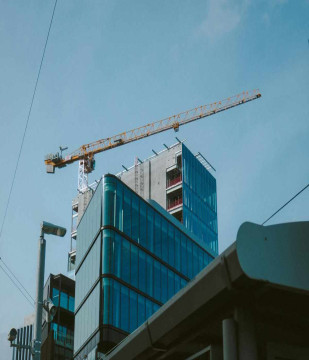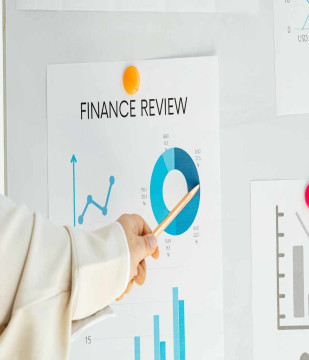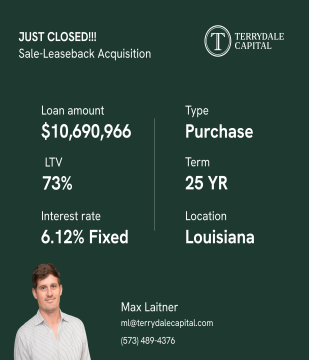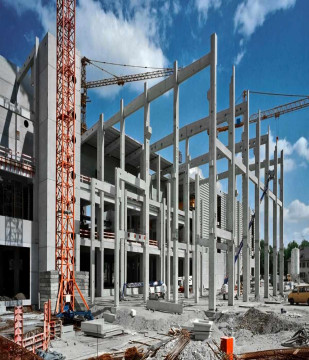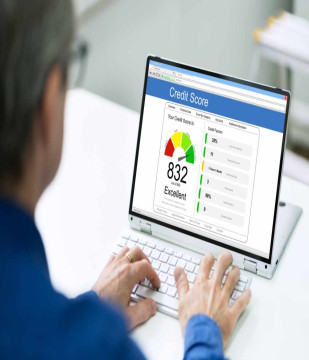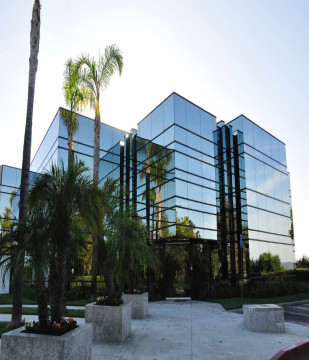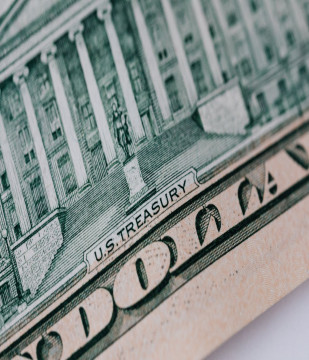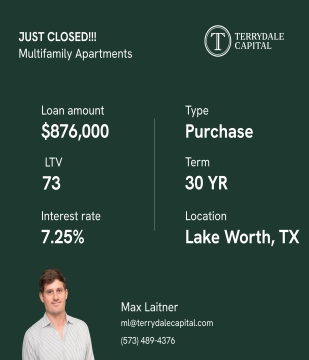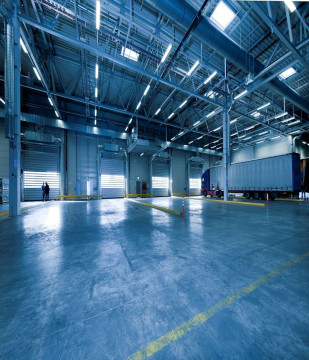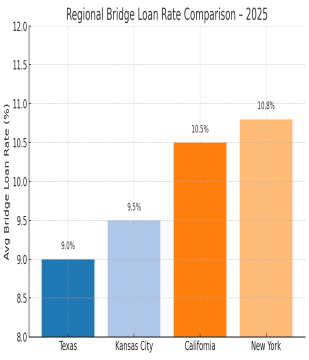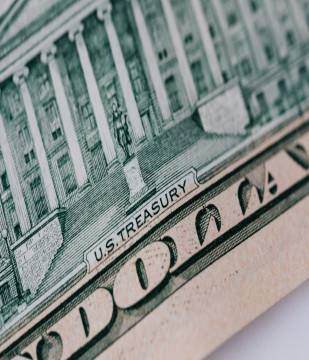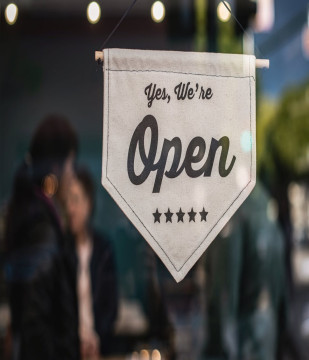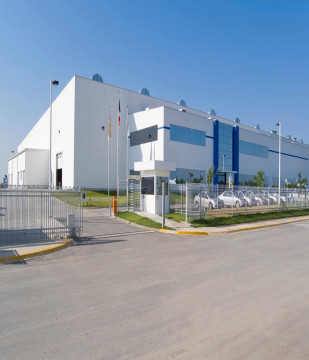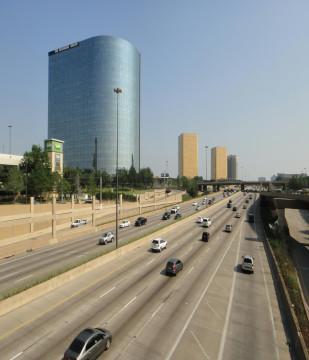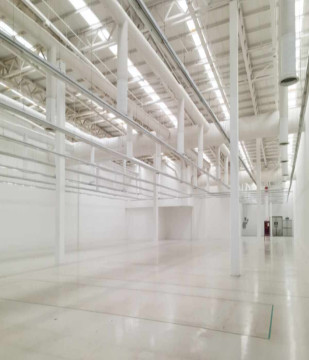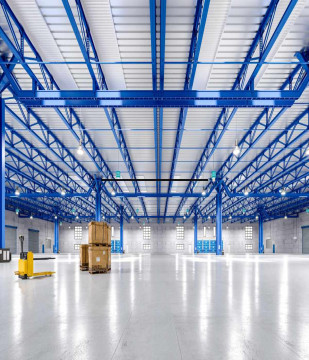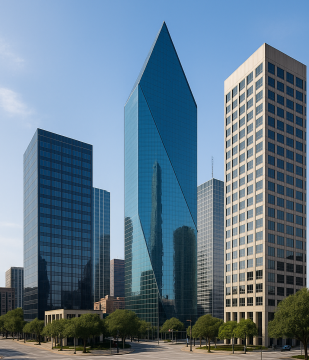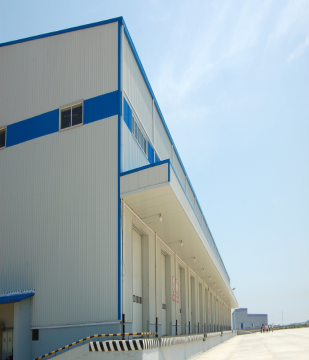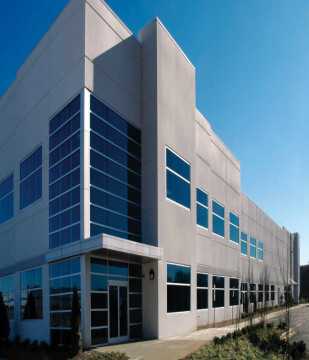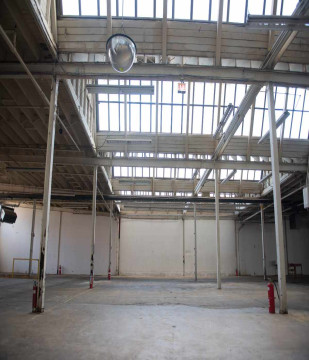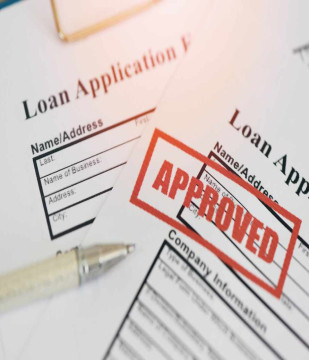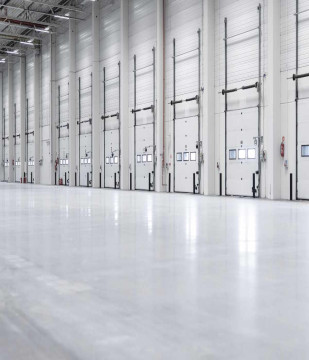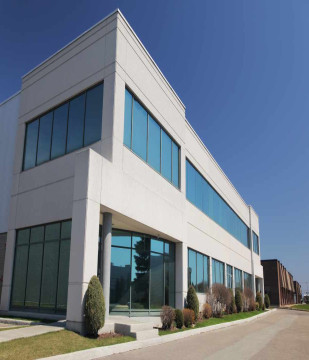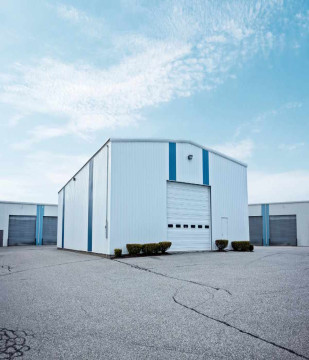SBA 7(a) Loans Refinancing to SBA 504

Terrydale Capital
Jun 4, 2024 11 Min read
For small business owners, the rule change that allows SBA 7(a) loans to be refinanced with an SBA 504 at up to 85% of the loan value is cause for celebration. While both are solid options for commercial real estate projects, factors on SBA 7(a) loans like higher rates and larger down-payment minimums can quickly add up.
You’re strongly encouraged to explore this option, not just for the potential cost benefit, but other SBA 504 loan terms such as the refusal to take a lien on any outside collateral or homes.
SBA 504 loans have fixed interest rates for up to 25 years, and as the borrower, you are allowed up to 20% of new value increase in cash-out or working capital. Depending on the team you work with, your rates could even be reduced to one of the lowest offers on the market. For the average small business owner, this makes a huge difference.
Consider this scenario: you have a $1,000,000 loan for the property on which your business operates. By making the switch, you should be able to save close to $15,000 a year. That’s a significant amount of cash for day-to-day operations and expenses. Of course, like any other government deal, a refinance of an SBA 7(a) loan to SBA 504 loan won’t be available to everyone. The requirements are outlined as follows.
Are You Eligible for a SBA 7(a) to SBA 504 Refinance?
When did you officially open for business? According to the top requirements, you need to be operational for at least two years before you can submit your application. This can be proven through the presentation of your financial statements for the relevant period.
What's more, your 504 projects must include what's referred to as Qualified Debt, which encompasses all incurred debt guaranteed by a federal agency. Specifically, no less than 85% of your previous debt proceeds should have been put aside for eligible long-term assets like real estate, machinery, and equipment. Was your previous debt a result of refinancing? Don’t worry, you’re still in the running. Factors like initial loan proceeds, the date the fixed assets were bought, or when the real estate went up are reviewed on a case-by-case basis.
It may seem obvious, but you should be able to prove that the debt getting refinanced benefited your small or medium enterprise, and was utilized effectively. The debt cannot have been acquired within six months of the date of application, and all current debt should be at least six months old, with no refinances granted within that time.
Furthermore, you must provide proof that the debt is being secured by an Eligible Fixed Asset, including real estate, machinery, and equipment that was, as a result of the loan, bought, constructed, or renovated.
You will be expected to present a copy of all existing debt, recorded mortgage agreements, and deeds at the time of application. This will include records of any amendments or modifications to the original SBA 7(a) agreement. You should also attach your payment transcripts for the past 12 months. Finally, documentation of business operating expenses, especially if you intend on using equity for eligible business expenses, is required. This should be a comprehensive breakdown of all expenses incurred in the last 18 months, including those that are yet to be paid as of the date of application.
In summary, you need proof/documentation of operations for at least two years, all existing debts (including qualified debt), the qualified debt having been beneficial, EFA debt security, any changes to your original SBA 7(a), payment transcripts, and an expenses breakdown for the relevant periods.
Substantial Benefit and Payment Breakdown Stability
In addition to the base requirements, because this is a Federally-guaranteed debt, there are a few other things you’ll need to consider.
For starters, the substantial benefit is a must. In this context, substantial benefits mean that the new installment amount for the refinanced loan, prepayment penalties, financing fees, and other financing costs, must be at least 10% less than the current installments paid out. Note that the cash out for Eligible Business Expenses included in the project will not feature within this calculation.
What's more, when refinancing the SBA 7(a), you must prove that the current lender is not inclined to modify the current payment breakdown that was previously agreed upon, and is unwilling to refinance your current loan facility. The repayment penalties should be eligible within the budget put aside for 504 refinance.
Do You Meet Job Creation Goals?
To get your refinance from an SBA 7(a) to SBA 504 approved, your SBA refinance project must also meet specified job creation goals. Despite the term, this condition can also be met through job retention if it is demonstrable that the jobs you currently offer could be eliminated without funding. When using the Job Retention strategy, the number of full-time equivalent employees is multiplied by a predetermined amount equal to or greater than the SBA 504 Gross Debenture.
Other than meeting the job creation goals, the refinanced project should be able to support the Community Development or Public Policy goals aimed at stimulating your local economy.
Is an SBA 7(a) Refinance to SBA 504 the Right Move For Your Business?
While SBA 7(a) loans are great for small businesses, refinancing this to an SBA 504 is even better. You get to have a longer-term repayment schedule, lower-than-market fixed interest rates, and lower proprietor-equity requirements with between 85 and 90% financing. Along the way, you can even refinance this 504 loan by applying for not more than 20% of the appraised value. With this move, you should be able to recoup your current equity as working capital at a lower interest rate, yet continue to have extended repayment periods.
If at this point you’re determined that refinancing your SBA 7(a) loan to an SBA 504 is right for your business, your business meets the eligibility criterion, and your current revenue is strong enough to pay the proposed debt service, you can take the next step and approach a lender to guide you through the process. Right now is an excellent time to initiate this changeover, as rates have never been this low. Because this is the first year that the program is being offered, you’ll also have the chance to maximize your savings as soon as possible.
At Terrydale Capital, our mission is to help small businesses get sufficient funding to support their growth and success. Big or small, we provide all clients with specialized financing options for their commercial investment properties, including the refinancing of their SBA 7(a) loans to SBA 504s. Need help navigating the process? Contact us today for further clarification on what you need and how to get started.
Partner With Terrydale Capital for Your Debt Financing Needs
When it comes to debt financing, understanding the right timing, process, and options is crucial. At Terrydale Capital, we provide a comprehensive range of commercial loan solutions tailored to meet your business's unique needs.





